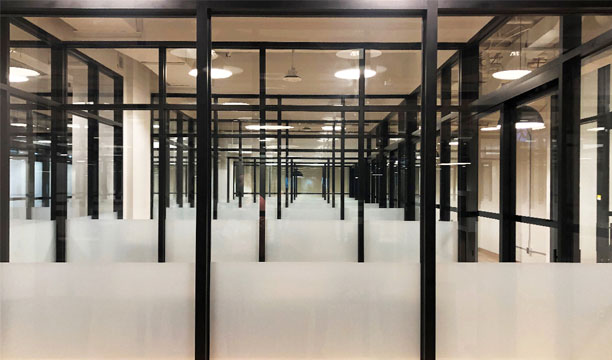Announcing Submissions
For CLOG : WEWORK

WeWork’s rise, failed IPO, and subsequent ousting of its CEO have been thoroughly documented in countless articles, podcasts, books, and television series. Less widely understood, however, is the extent to which WeWork challenged — and changed — the way spaces are designed, delivered, and operated.
At its peak, many of WeWork’s most senior executives — including its co-founder — had been trained as architects, and the company employed a design, engineering, procurement, and construction team reaching nearly 1,800 people that designed and delivered more than 44.8 million square feet of space globally ranging from coworking spaces to corporate headquarters for Fortune 100 companies to ground-up buildings to campus masterplans. These professionals worked together in a vertically integrated context arguably unlike any other spatial design practice that had existed before: an ambitious, if ultimately short-lived, new form of multidisciplinary practice organized around the delivery of spatial products as opposed to professional services. This product focus — coupled with hypergrowth funded by venture capital — required the assembly of an uncommon diversity of disciplines and skill sets under one roof. Architects, interior designers, engineers, workplace strategists, graphic designers, construction managers, technologists, fabricators, cost estimators, procurement specialists, real estate specialists, security specialists, business strategists, community managers, facilities managers, marketing professionals...all worked side-by-side in the numerous WeWork headquarters distributed throughout the world.
The result has not only been 700+ built (and many more unbuilt) projects, but a global network of ex-WeWork employees that are changing the AEC, workplace, and real estate industries, both by bringing newly-discovered ways of doing things to established companies and organizations and by forming new enterprises that entirely rethink old disciplinary boundaries. As this “WeWork Effect” gathers strength, now is the time for CLOG to examine the impact WeWork has had on the way we create and experience the built environment.
Submissions due January 20, 2023
For submission requirements, visit here.

Email / Sign-Up